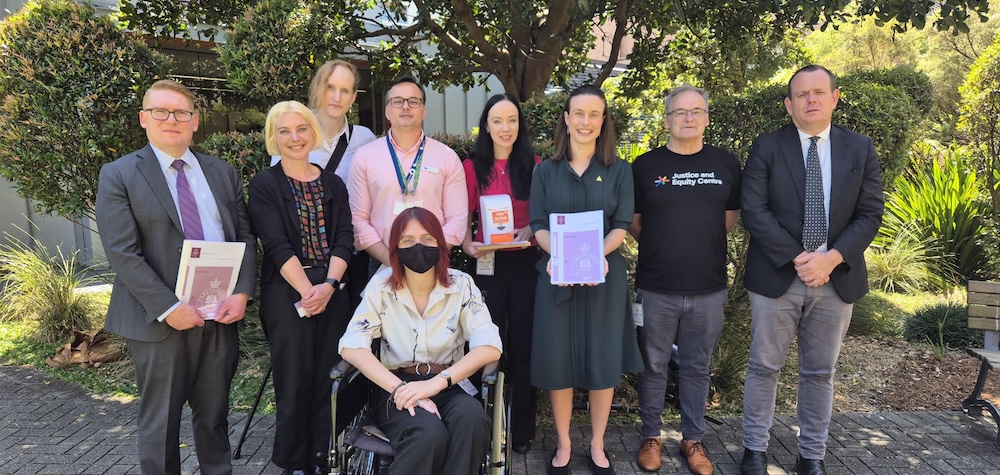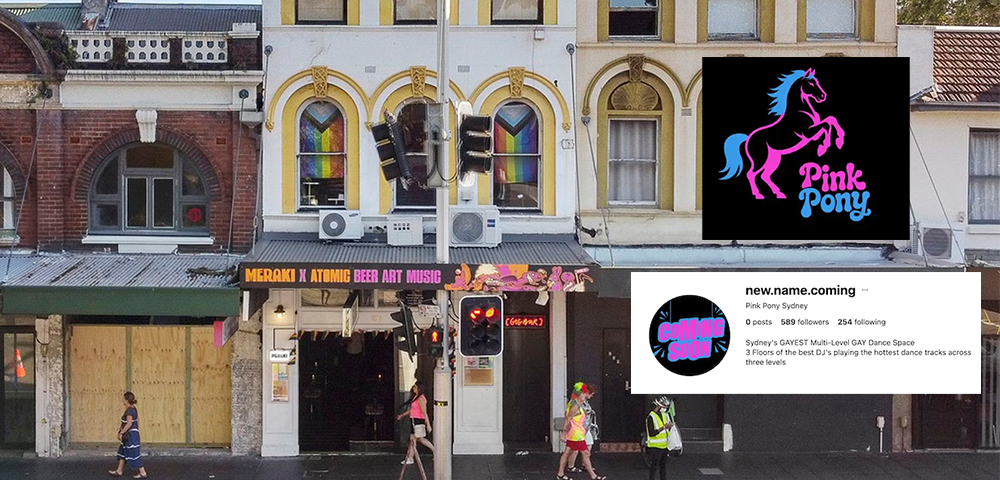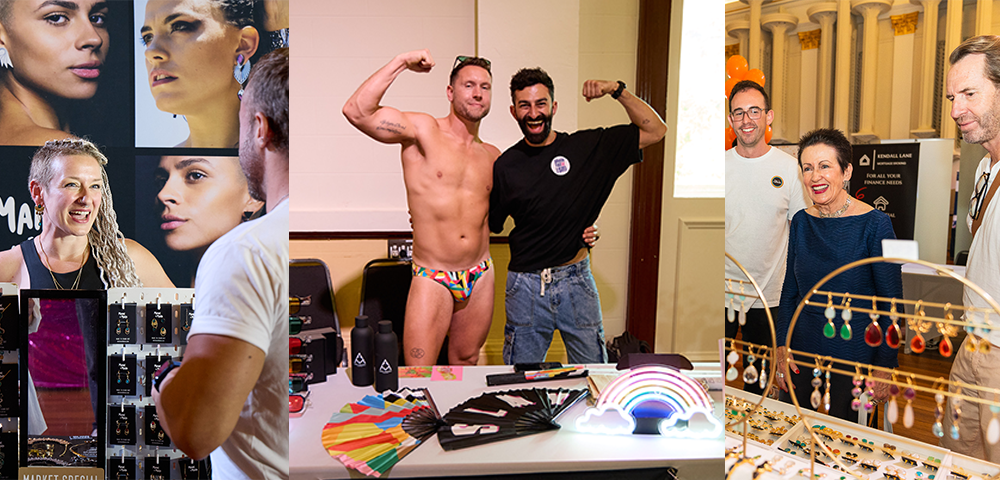
The write stuff
Ask most authors about life before their publishing break and they’re likely to recount a tale of penury punctuated by the occasional rejection slip.
US teenage fiction writer David Levithan has a less familiar story.
Every year for the past 18 years, since I was in high school, I’ve written a story for my friends for Valentine’s Day, the 32-year-old New Yorker said of the lead-up to his 2003 novel Boy Meets Boy, which was published in Australia in April.
Usually, it’s a short story which I then mail off. The year I wrote < i>Boy Meets Boy, it ended up being a full novel which I mailed off in bulging envelopes.
One of the friends I sent it to was an editor at [publishing company] Random House. She then passed it on to the person who would become my editor. So I never really had to submit it, and didn’t really write it to be published. That was a happily indirect result.
It was an unconventional beginning, certainly, but then Boy Meets Boy and the world it depicts are hardly orthodox.
The novel’s protagonist, high school student Paul, came out to his parents while in kindergarten; Paul’s high school is a hotbed of tolerance, not homophobia; and its star footballer, Infinite Darlene, is also a towering drag queen.
Into this sometimes surreal world Levithan places the more familiar fare of strained teenage friendships, family conflict and adolescents’ attempts at love.
But for the most part Boy Meets Boy is optimistic, and not by coincidence: Levithan wrote the novel as a contrast to the dark portrayal of queer youth seen in many other books.
At least in the United States, teen fiction is really open to new ideas and taking risks, he said.
The gamble seems to have paid off.
Levithan, who has been writing for as long as I can remember and penned film novelisations before writing Boy Meets Boy, said the response to the novel had been largely fantastic.
I’ve had scores of emails from kids who found the book in their classrooms or libraries.
I’ve heard from readers in the US, the UK, Australia, Canada, Japan, France -“ all over really.
And while the New York author guessed about half Boy Meets Boy‘s readership was adults, other grown-ups have been less supportive.
There has been opposition to the novel from elements of the US Christian Right, but perhaps the most venomous response has come from abroad.
In Scotland, a spokesperson for a Catholic organisation called the book’s presence in schools -˜abhorrent’, -˜an abomination’ and -˜disgusting’, Levithan said.
But the book stayed on shelves, and Levithan followed up with The Realm Of Possibility, his 2004 effort that again looks at teenage life.
Now, the New York writer is completing a novel about a US presidential election that features a gay, Jewish candidate and young queer campaigners.
He is also coordinating an anthology of writing by queer teenagers from around the world. All royalties will go to a US organisation that promotes safe schools for gay and lesbian students.
Levithan hopes the project tips the balance in favour of queer youth.
I think the idea for the anthology, whose title will be The Full Spectrum, came from the response to Boy Meets Boy, and also the desire to get more stories out there reflecting the new generation, Levithan said.
The right book at the right time when you’re a teenager can make all the difference.
Boy Meets Boy is published by HarperCollins, RRP $27.95.









